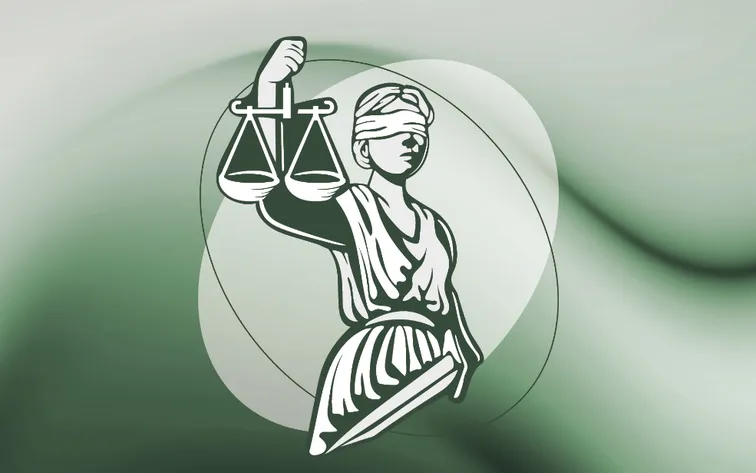For May 2025, we shall present the Supreme Court’s decision (Case No. 27 Cdo 1753/2024), which dealt with shareholder actions. These actions are a legal institution that allows qualified shareholders to sue members of elected bodies for compensation for harm that may have been caused typically by a breach of their duty to act with due managerial care.
In such lawsuits, the claimant shareholder is considered a representative acting on behalf of the company. As a result, the costs related to the court proceedings are incurred by the company itself, affecting the claimant shareholder’s property only indirectly and proportionally depending on his or her share in the company. This makes the shareholder action a potentially effective tool for protecting the company’s property interests, but also, quite logically, a chance for opportunistic abuse, creating costs for the company.
In the present case, the shareholder’s action against members of the board of directors failed, as the general courts concluded that the company had not suffered any harm, and therefore there was nothing to sue the members for. The company responded to that outcome by demanding over CZK 1 million from the claimant shareholder as compensation for harm (apparently caused by the shareholder bringing the action and thus most likely by paying the costs of the proceedings).
The Supreme Court reminded the parties of the basic criteria for assessing whether the shareholder’s action was legitimate or whether the shareholder abused his rights. Naturally, such an assessment is vital when deciding whether the shareholder must reimburse the company for the related costs.
The Supreme Court has held that:
➡️ a mere fact that the shareholder action has failed does not say anything about the abuse of shareholder rights, if any;
➡️ the circumstances of bringing the action and at the commencement of the proceedings are decisive;
➡️ it is important whether the shareholder filing a lawsuit has or clearly has not pursued the meaning and purpose of the shareholder action (i.e. the legitimate protection of the company’s property rights);
➡️ unlawful objectives or purposes primarily include an effort to achieve an individual advantage in violation of corporate loyalty, such as to force other shareholders to buy back his or her shares at a better price, bullying members of elected bodies, etc.;
➡️ unless proven in the proceedings that the shareholder’s action pursued such illegitimate or unreasonable objective, it will not in principle constitute an abuse of his rights.
To sum up, the fact that an action does (not) succeed in court is irrelevant; what is relevant, however, are the motives and starting position of the shareholder who has brought the action. Only after the shareholder’s motives have been established, it may be concluded whether the shareholder has abused his or her rights, and therefore, whether the shareholder is to compensate the company for the related costs.








